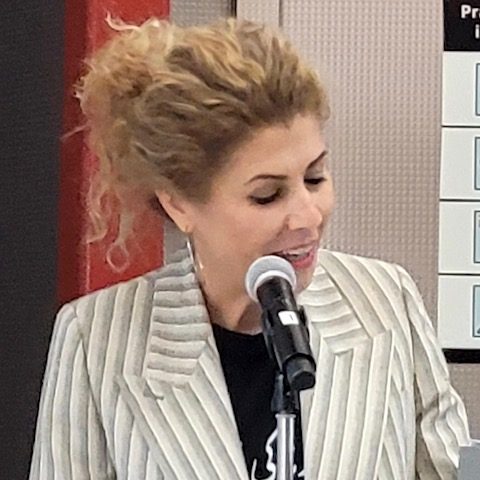
Affiliation:
University of Guelph, Canada
Short bio:
Prof. Safdar’s primary research focus is the examination of the psychological adaptation of immigrants in their adopted countries. She has investigated the diverse experiences of newcomers, including sexual minorities, sojourners, refugees, and Muslims, both within Canada and abroad. She has also examined the intersectionality of identities amongst newcomers. Prof. Safdar’s research has applicable components as it addresses social issues and involves both local and global communities. Prof. Safdar is Director of Centre for Cross-Cultural Research at the University of Guelph in Canada. She is President of International Academy for Intercultural Research (IAIR).
On the lighter side, Prof. Safdar is a drum enthusiast although her skills does not quite match her enthusiasm. Residing in Toronto, one of the world’s most multicultural cities in the world, she is immersed in an environment where over 180 languages are spoken, and more than half of Torontonians are born outside of Canada. This unique setting enriches her research and provides a vibrant backdrop to her academic and personal pursuits.
Title:
Journeying Through Canada: A Deep Dive into Migration and Multiculturalism
Abstract:
In a world fraught with conflicts, war, and the fear-inducing rhetoric of right-wing politics, it is imperative to examine ideologies fostering harmonious intergroup relations and understand sociocultural dynamics influencing minority adaptation. This invited talk delves into these crucial issues through four interconnected themes.
First, an examination of the Multidimensional Individual Difference Acculturation (MIDA) model is presented, leveraging data from diverse ethno-cultural groups in Canada to elucidate core factors facilitating migrant and refugee adaptation. Second, a discourse analysis delves into media representations of migrants and refugees in Canadian media, shedding light on the media’s role in shaping public opinion. Third, the exploration extends to biases towards immigrants rooted in media consumption, adopting an intersectional lens encompassing ethnicity, gender, and sexuality. Forth an examination of multiculturalism as a policy and normative approach in diverse societies is presented and a comparison is made between multiculturalism, interculturalism and assimilation approach.
Through these multifaceted discussions, this talk aims to enrich understanding of intergroup dynamics and foster inclusive environments in scientific and societal discourse.
